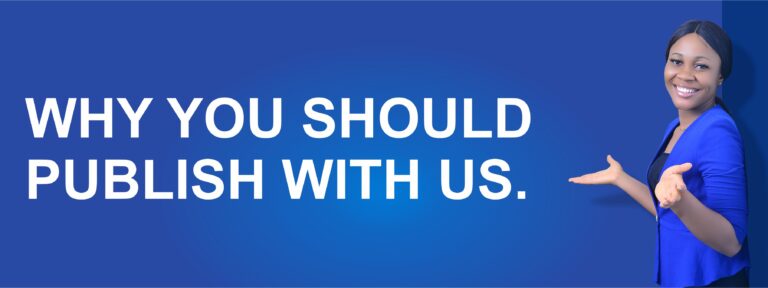
Editing is a critical step in the journey of writing a book. Every author, whether seasoned or a first-timer, faces the challenge of refining their manuscript to make it compelling and polished. One of the biggest decisions authors must make is whether to rely on self-editing tips or to invest in manuscript editing services. Both approaches have their advantages and limitations, and understanding them can help you determine the best path for your work.
In this article, we’ll explore the pros and cons of self-editing, the benefits of hiring a professional editor, strategies for editing your own book effectively, and guidance on when to hire an editor.
Understanding Self-Editing
Self-editing involves reviewing and revising your manuscript independently. This process allows you to maintain full creative control while improving clarity, structure, and readability.
Benefits of Self-Editing
Cost-effective: Editing your own book doesn’t require a financial investment.
Immediate feedback: You can make changes as you write or after completing a draft.
Creative control: You decide what stays and what goes without external influence.
Common Self-Editing Tips
Take a break after drafting: Step away from your manuscript to return with a fresh perspective.
Read aloud: Hearing your work helps identify awkward phrasing and pacing issues.
Focus on structure first: Look at plot, chapter flow, and character development before fixing sentence-level issues.
Eliminate redundancy: Remove repeated words, phrases, or ideas.
Check for consistency: Ensure names, settings, timelines, and tense remain uniform throughout.
Limitations of Self-Editing
While self-editing is valuable, it has limitations:
Bias: Authors are often too close to their work to spot weaknesses.
Limited perspective: You might miss plot holes, pacing issues, or inconsistencies.
Skill gaps: Complex grammar, style, and readability issues may go unnoticed.
These limitations are why many authors opt to combine self-editing with professional editing services.
Hiring a Professional Editor
Professional editors provide expertise, objectivity, and experience that can significantly enhance your manuscript. They can help transform a good draft into a polished, publishable work.
Benefits of Professional Manuscript Editing
Objective feedback: Editors offer an external perspective on your narrative, characters, and structure.
Expertise: Trained editors spot grammar, style, and formatting issues that may be missed during self-editing.
Time-saving: Professionals streamline the editing process, allowing you to focus on writing and promotion.
Black Tower Publishers offers comprehensive manuscript editing services tailored to both first-time and experienced authors, providing guidance through developmental, line, copy editing, and proofreading stages.
Types of Professional Editing
Developmental Editing: Focuses on structure, plot, character arcs, and pacing.
Line Editing: Enhances sentence flow, clarity, and style.
Copy Editing: Corrects grammar, punctuation, and consistency issues.
Proofreading: Final pass to catch typos and formatting errors.
For more information, check out this guide to professional editing services.
When to Edit Your Own Book vs. Hire an Editor
Knowing when to rely on self-editing and when to hire a professional can save time and money while ensuring your manuscript reaches its full potential.
Consider self-editing if:
You’re confident in your grammar and writing skills.
Your manuscript is relatively short or simple.
You want to maintain full creative control.
You’re on a tight budget.
Consider hiring a professional editor if:
You’re a first-time author unsure about industry standards.
Your manuscript has structural issues or complex storylines.
You want objective feedback on plot, pacing, or character development.
You aim to publish a polished, market-ready book.
Combining Self-Editing and Professional Editing
Many authors benefit from a hybrid approach:
Self-edit first: Apply your self-editing skills to refine the manuscript.
Hire a professional: Engage a professional editor to catch errors, provide feedback, and polish the work.
This strategy maximizes quality while keeping costs manageable.
Tips for a Smooth Editing Process
Set clear goals: Define what you want to achieve with both self-editing and professional editing.
Organize your manuscript: Ensure your document is properly formatted before handing it to an editor.
Communicate expectations: Clearly convey your vision and priorities to your editor.
Be open to feedback: Constructive criticism improves your manuscript and strengthens your writing skills.
Final Thoughts
Editing is a crucial part of the writing process, and choosing between self-editing and hiring a professional depends on your experience, manuscript complexity, and goals. While self-editing tips can help refine your work, professional editors provide the expertise and objectivity necessary for publishing success.
For first-time and experienced authors alike, professional manuscript editing services, like those offered by Black Tower Publishers, ensure that your book is polished, consistent, and ready for readers. By understanding the strengths and limitations of both approaches, you can make informed decisions and increase your chances of publishing a high-quality, successful book.

